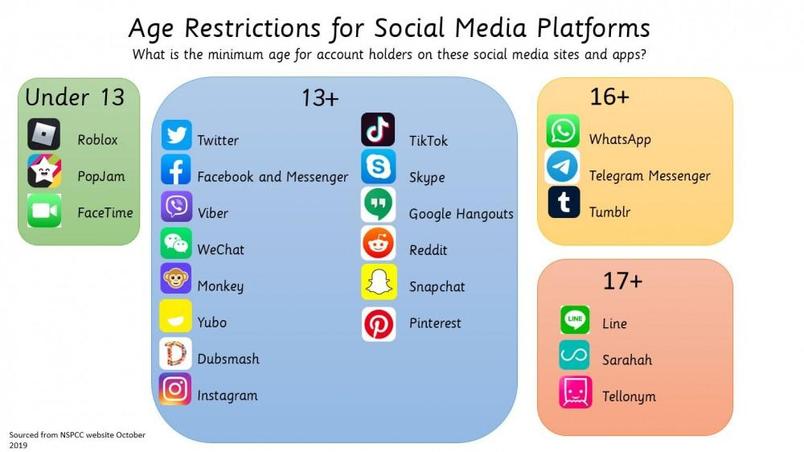- Home
- Parent Information
- Pastoral Support at SMFR
- Support For Families
- Digital Wellbeing & Online Safety
Digital Wellbeing & Online Safety
Digital Wellbeing and Online Safety
Our overall well-being is determined by the physical and emotional experiences we have on a daily basis. As technology continues to be such a huge part of our lives, from the way we represent who we are to the interactions we have with others, it too has an impact on our well-being. This is often referred to as your 'digital well-being' or 'online wellness.'
It is essentially about having an awareness of how being online can make us feel and looking after ourselves and others when online. This can include recognising the impact being online can have on our emotions, mental well-being and even on our physical health and knowing what to do if something goes wrong. Follow the links below to find out more:
-
NSPCC - Protecting Children Online Support and advice for parents on keeping children safe online
NSPCC Parents Online Safety Workshop
This is a very useful, informative and engaging workshop that we would ask all parents to watch. In 45 minutes, it will help you better understand the need for and ways in which you can support and monitor your children online and ensure they are safe.
Supporting Primary school children online | Advice from a Teacher
Jenny Burret, Director of Education and Strategy, gives advice on what children learn about the online world as they start school and what parents can do to ...
-
Childnet Provides help and support with incidents of Cyberbullying
-
Common Sense Media Provides independent reviews, age ratings and other information for parents
-
Gov.uk Government advice for parents on keeping children safe online.
-
Internet Matters Age-specific online safety checklists, guides on how to set parental controls and a host of practical tips to help children.
-
Let's talk about it Provides advice for parents and carers ro keep children safe from online radicalisation
-
NSPCC - Online Safety Support and advice for parents on keeping children safe online
-
CEOP Think U Know support and advice for parents on keeping children safe online
-
London Grid for Learning Support and advice for parents on keeping children safe online
-
UK Safer Internet Centre Digital wellbeing advice and guidance for parents
Social Media Age Restrictions

Thinkuknow. An Introduction to Parents and Carers
This presentation introduces parents and carers to the ThinkuKnow education programme. It highlight some of the resources available for children and reminds...
Screen time tips to support 7-11 yrs (Key stage 2) - Internet Matters
Why not see our top tips to put balance and purpose behind screen time to help children in Key Stage 2 (7-11yrs) benefit from their screen use. Find more at ...
